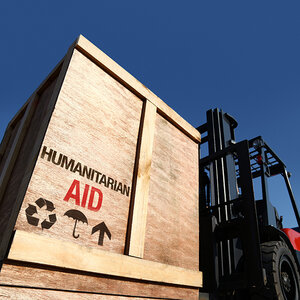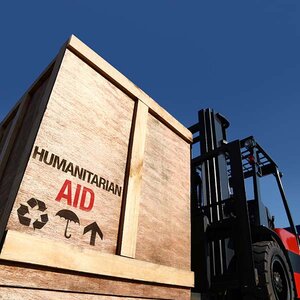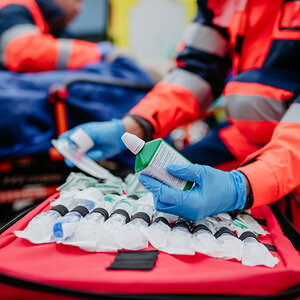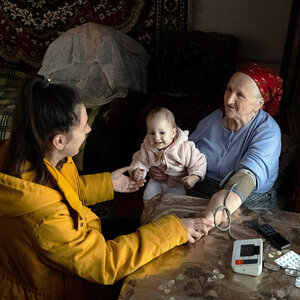National Compassion Fund for Victims of Human-Made Disasters Proposed
A group of parents and family members affected by recent mass shootings is calling for the creation of a National Compassion Fund to aid victims of human-made disasters, the New York Times reports.
In response to concerns about charities competing for donations and donated funds not being distributed quickly enough or to the right people, the group is proposing that donations in the wake of such calamities be made to a single fund with a predetermined protocol for the collection and distribution of funds. As currently envisioned, the fund would be activated by a state or local official after a tragedy that is fatal or causes life-changing injuries to at least five people in a public place. It would have tax-exempt status, and funds would be distributed within six months, with "every dime [going] to the victims," said Mai Fernandez, executive director of the National Center for Victims of Crime, which is considering a role in overseeing such a fund.
"Every single time one of these tragedies occurs, the same thing happens," Fernandez told the Times. "People say, 'Oh my God, I want to do something,' someone collects — a United Way or a community foundation — and there's no protocol to give the money. It's time to get our act together." In Newtown, for example, where the United Way of Western Connecticut received the bulk of the donations after the Sandy Hook school shooting and created a foundation to disburse the funds, disputes have arisen over the role of the charities involved in distributing the money and how it should be spent.
While the fund is still in the planning stages and has yet to secure a donor willing to cover its administrative costs or a partner to collect and distribute the money, the One Fund Boston is seen as a good example of how it might operate, Fernandez told the Times. The fund, which has raised almost $40 million in the two months since the Bostom Marathon bombings, plans to send checks to victims and families starting July 1.
Michele Landis Dauber, a professor of law and sociology at Stanford University, who has long studied disaster relief, noted that wanting to give to people instead of a general cause is not new. "But just because people want to give to an icon doesn't mean they should," Dauber told the Times. "What if all the needs are met — what do we do with the excess money? And why cut it off at five people? What happens if four people are injured or killed?" Moreover, said Dauber, the goal of larger established charities is to make sure that money is spread evenly around communities when calamity hits, whereas individual victims' funds could lead to "inequalities and inequities" if more money is given in one case and less in another.








